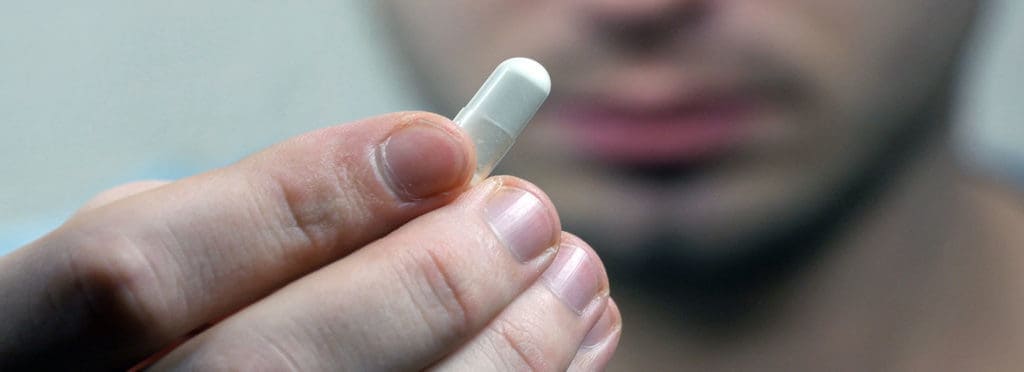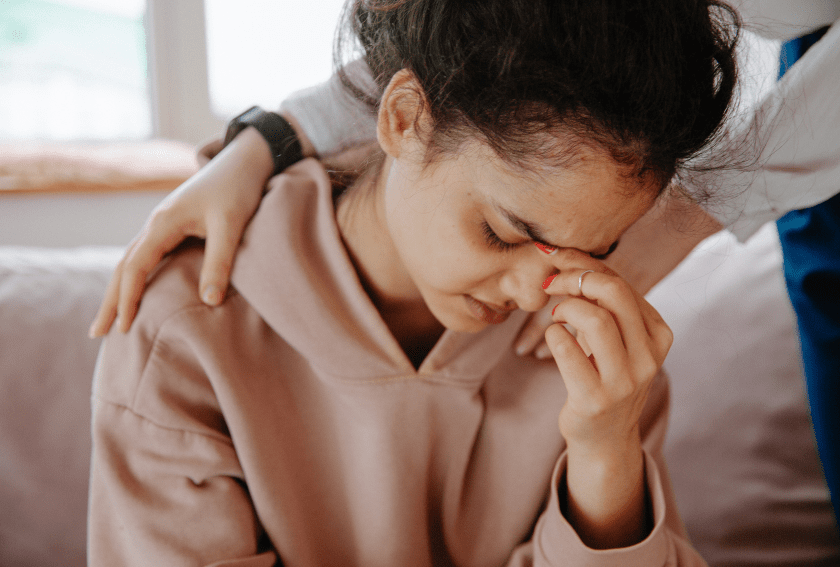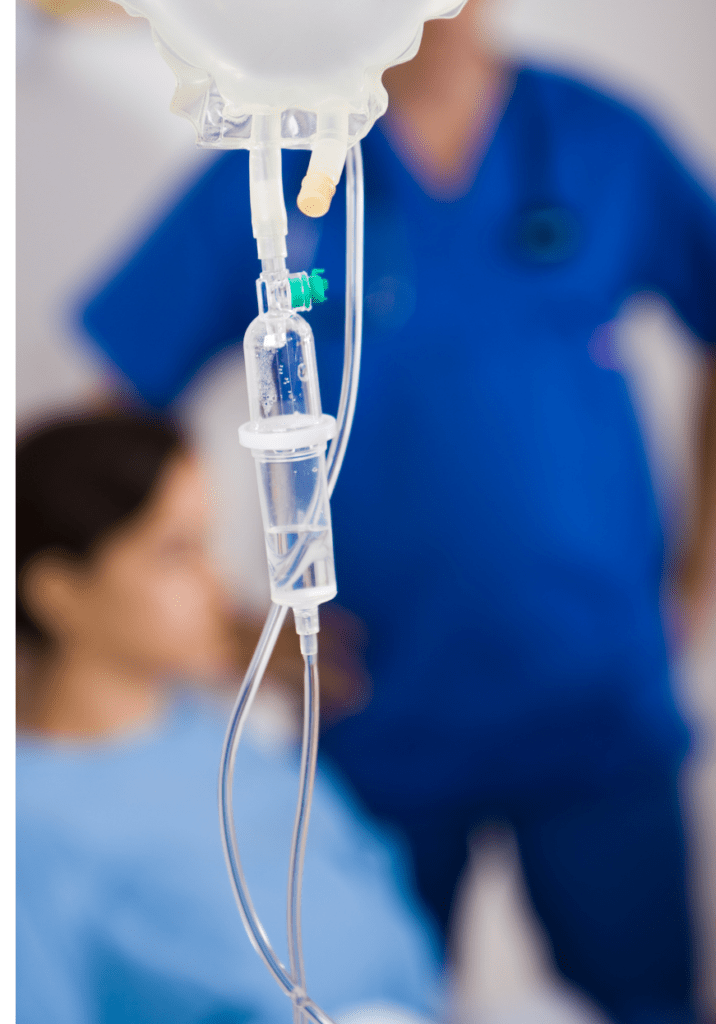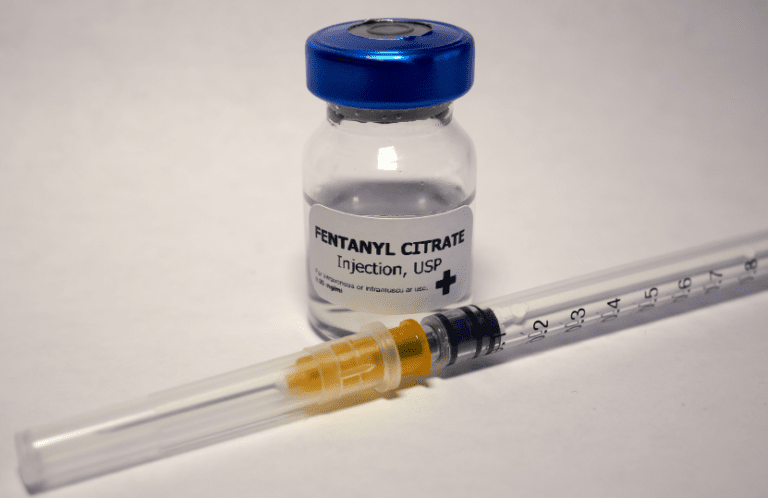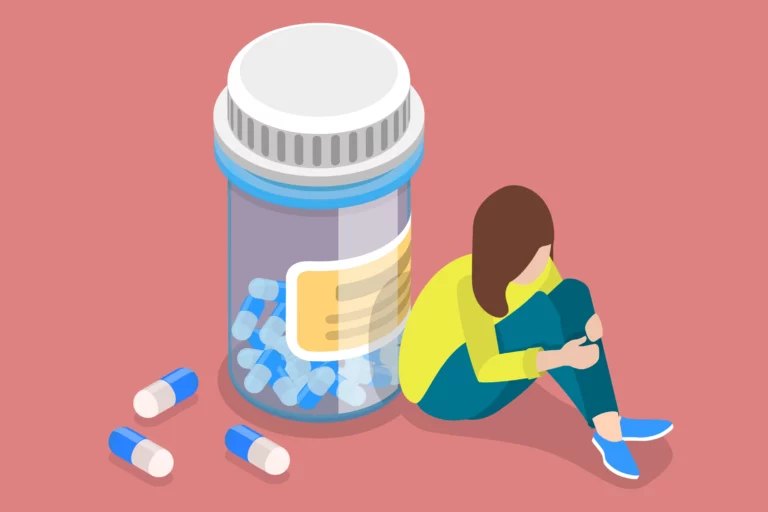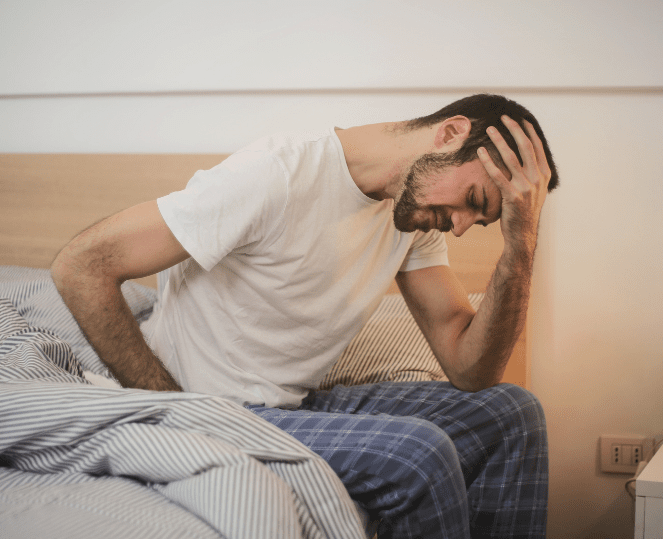Can Opioid Abuse Cause Mental Health Disorders?
In many instances, a substance abuse disorder like opioid abuse is either partially the result of self-medicating for a mental health condition or results in an individual developing mental health issues. Those struggling with addiction often have a co-occurring mental health disorder. This means they also struggle with issues like depression or anxiety.
It’s important to receive proper evaluation and treatment to determine if a person with an addiction is also struggling with their mental health. An evaluation is likely to reveal that a person with a substance use disorder has a dual diagnosis. A dual diagnosis simply indicates that the individual should receive treatment for both addiction and mental health concerns.
If you or someone you care about is struggling with opioid abuse, reach out to Oasis Recovery to learn more about the importance of receiving a proper diagnosis for co-occurring mental health issues or a dual diagnosis.
How Opioid Abuse Can Result in Mental Health Issues
In spite of the opioid epidemic, prescription opiates remain commonly prescribed for moderate to severe pain. These prescriptions are often used after someone undergoes surgery or to reduce symptoms of pain in a hospital setting. Unfortunately, because opiates have a high potential for habit formation, dependence, and, in turn, addiction, the initial safe use of opioids can easily be a slippery slope into a substance abuse disorder.
Opiates are also a commonly abused drug for those who are self-medicating for chronic pain and mental health issues. Individuals with conditions such as attention deficit hyperactivity disorder (ADHD), anxiety and panic disorders, depression, mood spectrum disorders (like bipolar disorder), and schizoaffective disorder, are at increased risk of turning to substances like opioids for relief from their psychological and emotional pain. Initial misuse of these substances can quickly develop into a cycle of abuse.
Effective Treatment Options for a Co-occuring Disorder or Dual Diagnosis
Conventional treatments for moderate to severe opioid abuse typically begin with detox. Once your body has gone through the process of detox, it is easier to see what your baseline symptoms are like. At this stage, a team of professionals in a high-quality treatment center can help work with you to develop an appropriate treatment plan suited to your individual needs.
It’s generally recommended that clients undergo detox in a medically-supervised setting for reasons of safety and security. In an inpatient scenario, medical personnel is available 24/7 in case any unpleasant or worrisome circumstances arise during the withdrawal process. Another reason it is encouraged to undergo detox in a medically-supervised situation is that this is one of the times when it’s most dangerous to relapse.
While undergoing detox, an individual who has abused opiates is likely to experience intense cravings. If a person relapses during this period when their tolerance is lower, they may take a dose of opiates their body cannot tolerable and this can result in overdose. Inpatient detox ensures that clients are safely cared for and that their comfort and best interest are in the hands of professionals.
In some instances, those recovering from opioid abuse are determined to be good candidates for medication-assisted or substitution therapy. In these instances, prescriptions of methadone or Suboxone are prescribed to offset cravings without producing the euphoric effects associated with opiate abuse. Because these medications are used as a form of maintenance, the goal is to fulfill the body’s desire for opiates without generating the high and crash that forms a pattern of abuse and the resulting problematic thinking and behaviors.
After completing a detox program and completing a treatment plan, clients need to find ways to use their idle time in safe ways that can provide a sense of joy and meaning in their lives. In order to avoid temptations and navigate high-risk triggers, clients are encouraged to continue meeting with a mental health counselor on a regular basis. 12-step programs and group meetings are good, healthy spaces to meet others dealing with relatable issues who can help provide and strengthen your safety net.
Contact Oasis Recovery to Learn More about the Connection between Opioid Abuse and Mental Health
At Oasis Recovery, we know how destructive opioid abuse can be on your life and the lives of those you love and care about. We want to help you rebuild your life, help you develop life skills needed to maintain healthy relationships, and work with you on a treatment plan to help you work towards lasting sobriety. Reach out to us today and speak with a specialist who can tell you more about our treatment programs and services for opioid addiction and the path to recovery.



